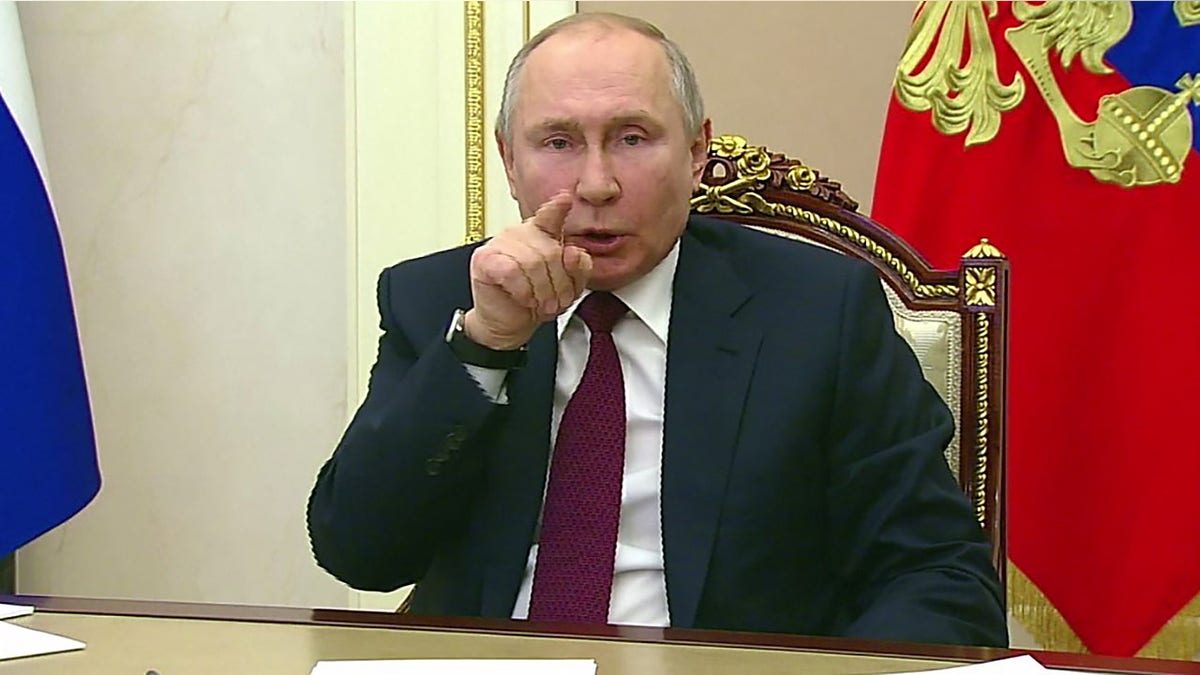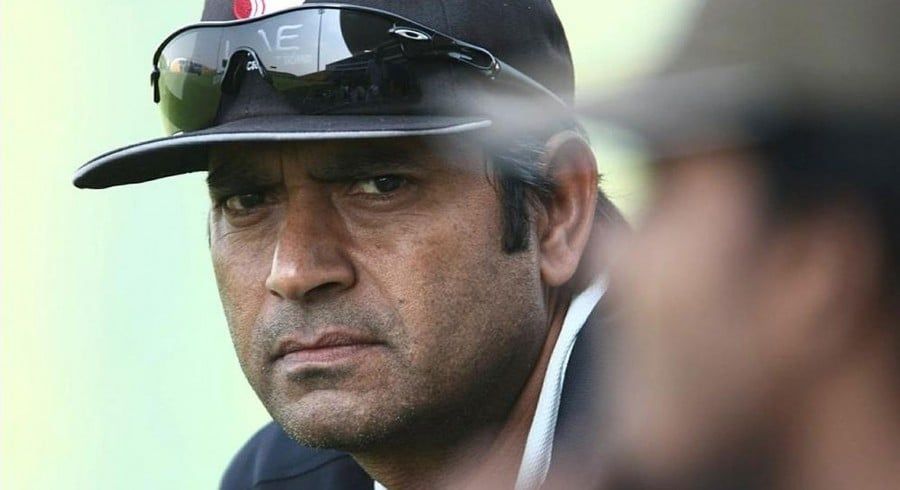Vladimir Putin, in a 2019 interview, chillingly declared that traitors must be punished. This statement underscores a long-standing and disturbing pattern of Kremlin-sanctioned violence against perceived enemies, a pattern that continues to this day. A recent example involves a foiled 2020 plot to assassinate Aleksandr Poteyev, a former Russian intelligence officer living in Miami under U.S. protection after exposing Russian spies. The clumsy attempt, involving a Mexican scientist coerced by Russian operatives, ultimately failed due to poor tradecraft.

This incident is not isolated. It's part of a larger, sinister doctrine known as "Wet Deeds" (Mokrie Dela), a practice dating back to the Soviet era and revived by Putin. This doctrine authorizes targeted assassinations, kidnappings, poisonings, and other forms of intimidation and murder against those deemed a threat to the regime. These "special tasks" are often disguised as accidents or suicides, masking the Kremlin's involvement.
The U.S. has not been immune to these operations. In 2007, former CIA officer Paul Joyal survived an attack after suggesting Putin's involvement in the death of Alexander Litvinenko, a former FSB officer and Putin critic poisoned in Great Britain. In 2015, Mikhail Lesin, a former Russian media executive and Putin advisor, was found dead in a Washington D.C. hotel under suspicious circumstances, his death officially ruled "accidental" despite evidence suggesting foul play.


The Kremlin's reach extends globally. Paul Klebnikov, a journalist who exposed corruption among Russian oligarchs, was murdered in Moscow in 2004. These incidents highlight a chilling reality: criticizing the Kremlin can be a death sentence, regardless of location.

The recent events surrounding Yevgeny Prigozhin and the Wagner Group raise questions about the stability of Putin’s regime. Whether the attempted coup was genuine or staged remains uncertain. However, Prigozhin’s fate will likely serve as a key indicator. If he falls victim to a Kremlin "wet deed," the coup’s authenticity gains credibility. Conversely, if Prigozhin and Wagner escalate the conflict in Ukraine from Belarus, it suggests a more complex power play at work.








